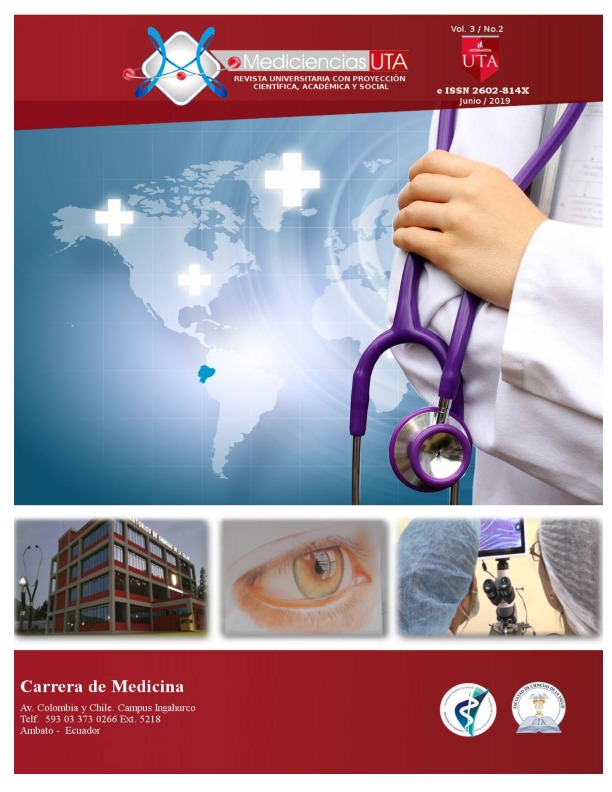Impact of international conferences on Higher Education in the teaching of Biomedical Sciences.
Main Article Content
Abstract
Introduction: This article evaluates the impact of the international conferences on higher education on the quality of the teaching of the biomedical sciences, considering the quality of their contributions and their effect on the learning achievements.
Objective: To assess the impact of international conferences on higher education on the quality of the teaching of biomedical sciences.
Material and methods: We conducted a prospective explanatory study of experimental cut that spanned the academic cycles March-August 2018 and September 2018-February 2019. A systematic and critical review of the literature was carried out during the period described, search engines of indexed articles were used in Scopus, Latindex, Scielo, PUBMED, MEDLINE, EMBASE, COCHRANE which allowed to identify the principal Co International Nferencias of higher education. We assessed the impact and strength of the association between the teaching grounds provided by these conferences and the educational process in biomedical sciences.
Results: The impact of the international conferences on higher education becomes three fundamentals: it establishes a significant integration between the didactic elements of the educational process and the existing legality, a link is created between the problematic and the contents of the subjects of the biomedical sciences and the objectives of the biomedical sciences are defined in response to the higher education's goals at international level.
Conclusion: The international conferences on higher education analyzed transform the approach of education in biomedical sciences by addressing conceptual and integrative aspects of science and technology policiesdeveloped at the international and national levels, As well as elements of gender focus, interculturality, internationalization, inclusion, continuing education, lifelong learning, environmental education and disability-specific care. It strengthens the link between the contents of the disciplines of the biomedical sciences with the profile of the discharge, the professional profile, the overall objectives of development of the higher education, that are evident in the achievement of the results of the learning from The contents of the curriculum. Its most significant contributions were framed in three links: the link of the university with the society, the content of the disciplines and the intercultural aspects that nuance the educational process with renewing, interactive, inclusive policies Having as a leading role the subject who learns. The methodological impact on the analysis of health problems in society was evident, based on the diagnosis of the health situation, evaluation of risk factors, comprehensive care and health education.



